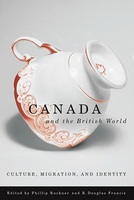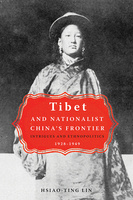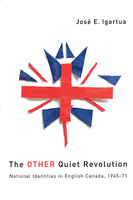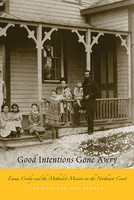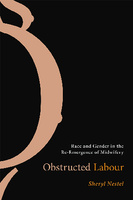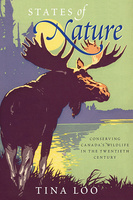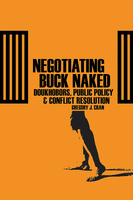Canada and the British World
Culture, Migration, and Identity
Historicizing Canadian Anthropology
The first significant examination of the historical development of anthropological study addresses key issues in the evolution of the discipline.
Tibet and Nationalist China's Frontier
Intrigues and Ethnopolitics, 1928-49
A counterpoint to erroneous historical assumptions, this book argues that Nationalist sovereignty over Tibet and China's other border regions was the result of rhetorical grandstanding by Chiang Kai-shek and his regime.
The Other Quiet Revolution
National Identities in English Canada, 1945-71
José Igartua traces the under-examined cultural transformation of English-speaking Canada woven through key developments in the formation of Canadian nationhood, from the 1946 Citizenship Act to the federal multiculturalism policy in 1971.
Good Intentions Gone Awry
Emma Crosby and the Methodist Mission on the Northwest Coast
Presents the letters of Emma Crosby, wife of the well-known Methodist missionary Thomas Crosby, who came to Fort Simpson, near present-day Prince Rupert, in 1874 to set up a mission among the Tsimshian people.
A History of Migration from Germany to Canada, 1850-1939
Considers why Germans left their home country, why they chose to settle in Canada, who assisted their passage, and how they crossed the ocean to their new home, as well as how the Canadian government perceived and solicited them as immigrants.
Unsettling Encounters
First Nations Imagery in the Art of Emily Carr
Featuring almost 300 illustrations, including 90 colour plates, Unsettling Encounters reconstructs a neglected aspect of Carr’s art and is a fresh assessment of her significance as a leading figure in early 20th-century modernism.
States of Nature
Conserving Canada's Wildlife in the Twentieth Century
This multi-award-winning book is one of the first to trace the development of Canadian wildlife conservation from its social, political, and historical roots.
Negotiating Buck Naked
Doukhobors, Public Policy, and Conflict Resolution
Soon after the arrival of Doukhobors to British Columbia, new immigrants clashed with the state over issues such as land ownership, the registration of births and deaths, and school attendance. As positions hardened, the conflict, often violent, intensified and continued unabated for the better part of a century, until an accord was finally negotiated in the mid-1980s.

